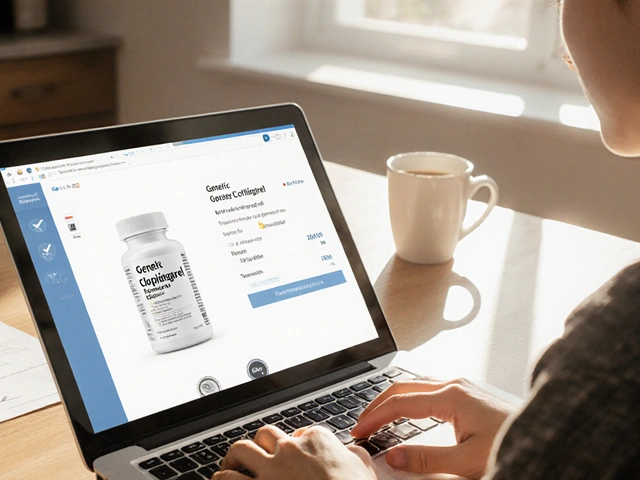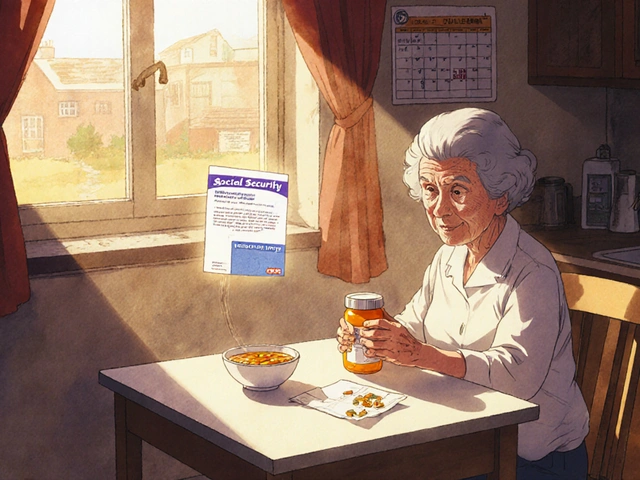Low Phosphate: What It Is and Why You Should Care
Ever heard someone say their blood test showed "low phosphate" and wondered what the fuss is about? Phosphate is a mineral that helps build strong bones, makes energy work in your cells, and keeps your kidneys happy. When levels drop too low – a condition doctors call hypophosphatemia – you can feel tired, have muscle cramps, or notice weird heart rhythms.
Spotting the Signs Early
Low phosphate doesn’t always announce itself with a big warning sign. Some people feel just a little extra fatigue, while others get tingling in their fingertips or a weak grip. If you’ve had recent surgery, an injury, or started a new medication, keep an eye out for these clues. Low phosphate can also show up after heavy drinking, severe vomiting, or chronic diarrhea because your body loses more minerals than it can replace.
Simple Ways to Boost Your Phosphate Levels
First, talk to your doctor – they’ll confirm with a blood test and suggest a plan. Often, eating foods rich in phosphate does the trick. Dairy products like milk, cheese, and yogurt are top sources. Meat, fish, nuts, and beans also pack a phosphate punch. If you need a faster fix, doctors sometimes prescribe oral phosphate supplements, but these should only be taken under supervision.
Staying hydrated helps your kidneys handle phosphate better, so aim for at least eight glasses of water a day unless you have a specific fluid restriction. If you’re on a low‑phosphate diet for kidney disease, don’t stop it abruptly; work with your health team to tweak the plan safely.
Another practical tip: limit caffeine and sugary drinks. They can increase urine output, which may wash more phosphate out of your system. Instead, reach for water, herbal tea, or low‑sugar drinks.
Exercise can also play a role. Light to moderate activity improves overall metabolism, helping your body use phosphate efficiently. Think walking, cycling, or yoga rather than super‑intense workouts if you’re already feeling weak.
Finally, review any medications you’re taking. Certain antacids, diuretics, or chemotherapy drugs can lower phosphate. Ask your pharmacist or doctor if an alternative exists or if you need extra monitoring.
Below are some of the most popular posts on our site that touch on low phosphate, mineral balance, and related health topics. Click through for deeper dives on supplements, diet tips, and how to keep your labs in the healthy range.
Understanding low phosphate doesn’t have to be a headache. Keep an eye on your diet, stay hydrated, and work with your healthcare provider. With a few everyday tweaks, you can bring your phosphate back into balance and feel more energetic.

Why Low Phosphate Causes Muscle Weakness: A Clear Guide to Hypophosphatemia
- Date: 22 Sep 2025
- Categories:
- Author: David Griffiths
Discover how hypophosphatemia leads to muscle weakness, its common causes, diagnosis, and effective management strategies in a concise, human‑focused guide.




